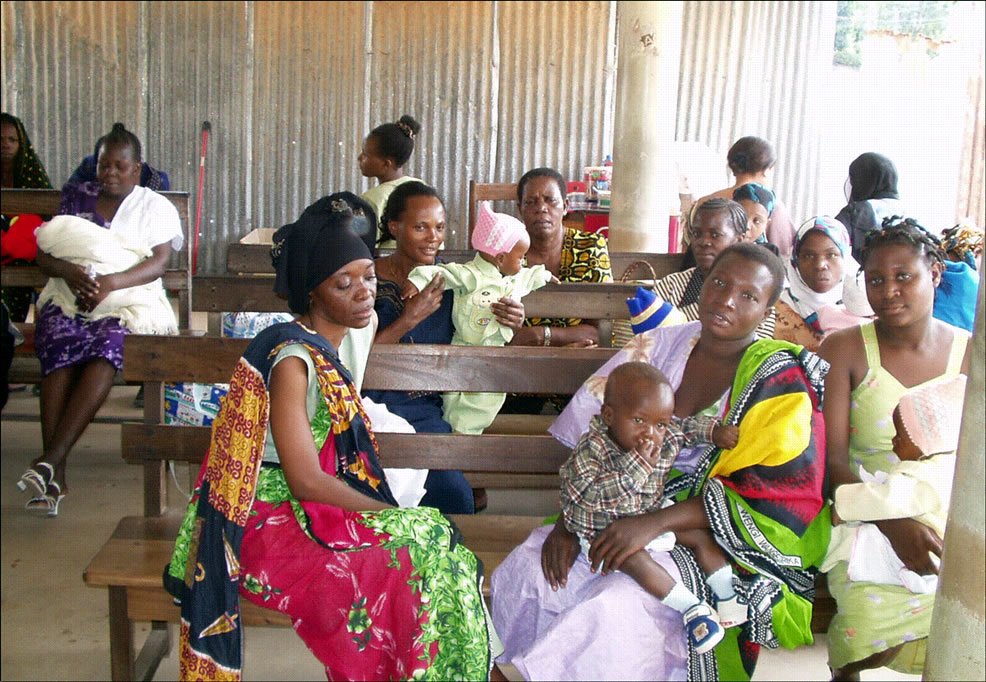Living with Aids
HIV/AIDS was the reason my husband and I moved to Tanzania in 2005. As Director of an AIDS project funded by the CDC, his mandate was to help HIV-infected people get access to life-saving medications. I accompanied him on several site visits as an observer because I was interested in seeing the kinds of care and treatment that people with HIV/AIDS were getting.
On one site visit, I met a petite Tanzanian woman with a shy smile in her early 30s. Saida told me that as a single mother of a five-year-old boy, she earned her income by selling packets of flour and sugar to neighbors while she was working on her secondary school diploma. She was also a community volunteer who counseled people infected with HIV.
Saida had learned the hard way what living with the virus was like, and she wanted to teach others how to keep from getting it. She’d found out that she was HIV positive when she went to the hospital to have her second child, who died during the delivery. Soon after, Saida grew thin and weak and she developed chronic diarrhea. But when she started taking anti-retro viral medications (ARVs), her health improved dramatically.
Saida decided to speak out about AIDS and teach people that they needed to change their behavior to prevent the spread of the disease. She became a trained volunteer with Pathfinder, an NGO that provided home-based care, bed nets, and supplements for people with HIV/AIDS. In 2007, Pathfinder was serving 7,000 patients in Dar es Salaam with the help of 200 community volunteers and 40 supervisors. One fourth of the volunteers were HIV positive, and many of them spoke openly about their HIV status and how important it was to get tested.
It took a lot of courage for Saida to reveal her status to neighbors and friends because of the stigma against people infected with HIV/AIDS. Once she became an authority on the subject, she was invited to speak in front of church groups, in mosques and in schools.
Saida introduced me to one of her clients who was a single mother of a one-year-old girl. Rose said she hadn’t known that her partner had HIV, and she only discovered she was positive when she delivered her baby. Her partner abandoned her after she revealed her status to him.
When I met her, Rose looked robust and healthy which she attributed to daily doses of ARV medications. She said she was afraid to tell her family and friends that she was HIV positive because they would shun her. As a poor single mother, she worked in a high-risk occupation as a fruit seller on a busy road. Saida subtly urged Rose to be brave enough to reveal her status to future partners and insist that they use condoms.
Saida said that most people didn’t want to know their HIV status or were ashamed to share it with anyone. Spending her precious time trying to convince others to get tested and share their status, she was one of the unsung heroes in the battle to stop the spread of AIDS.






